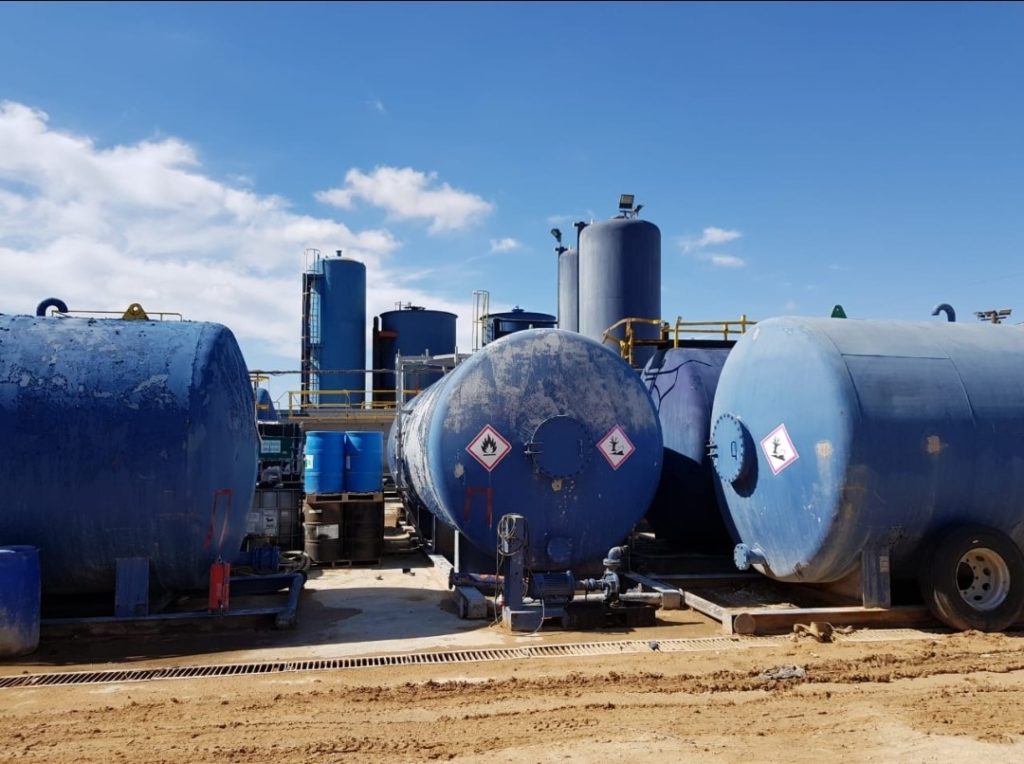Projects
TURNKEY PROJECT LUBE OIL BLENDING PLANT NORTH TUNISIA
- Study and design.
- Achievement.
- Training.
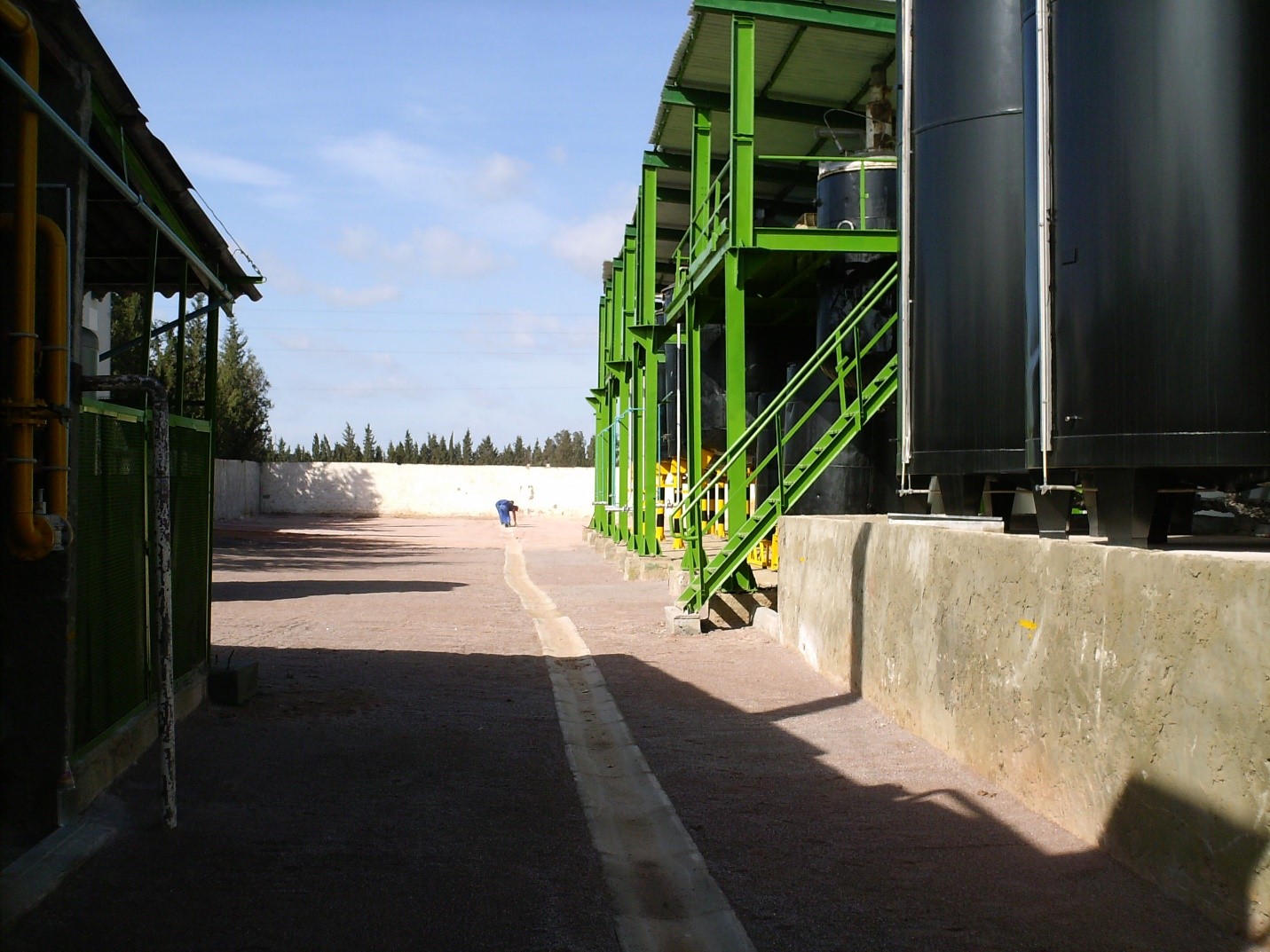
TURNKEY PROJECT OIL REFINING & RECYCLING PLANT
The idea of this type of crude oil refinery is to present this solution to countries, which do not have enough financial and technological means to meet their fuel needs.
A mini refinery mounted on a skid (maximum 5 Skids). With a refining capacity between 250 to 550 barrels per day. A short construction period of 4 to 5 months. The lightness of this unit between 55 and 85 MT does not require a special preparation of the ground which does not exceed by the 5000m2.
With greatly reduced electricity consumption between 75 and 100 kw per day, the unit can be installed anywhere.
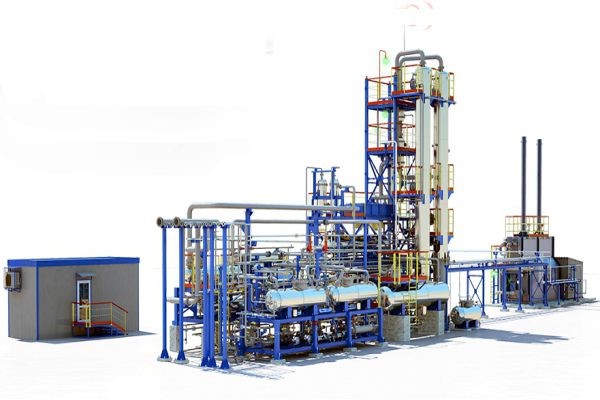
TURNKEY PROJECT RECYCLED WASTE OIL PLANT
Semi-continuous refining of used oils allows us to scale down the vacuum refining process. By introducing the oil as a film into the heated distillation column, we have instant evaporation of the oil. The latter will condense into several grades depending on the respective vapor tensions. The use of oscillatory pressure, This technique allows us to have the heavy cuts of the base oils obtained, something impossible to obtain with conventional methods. With a reduced scale this plant can be skid-mounted.
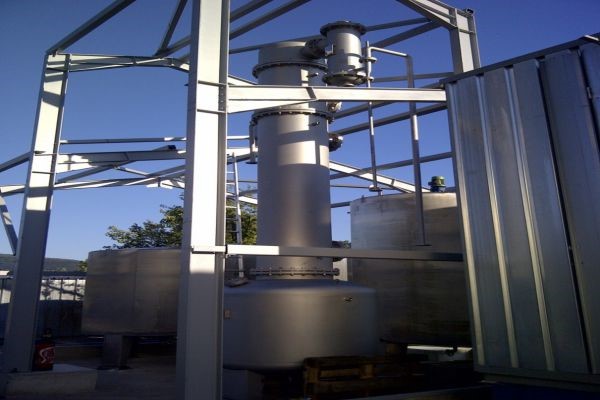
TURNKEY PROJECT USED TIRE RECYCLING PLANT
Turnkey for tire recycling projects is summarized by:
• Project study.
• Determination of material and choice of supplier.
• Control at the factory and when the equipment is loaded.
• Installation of the factory.
• Start-up and commissioning of the process.
• Staff training.
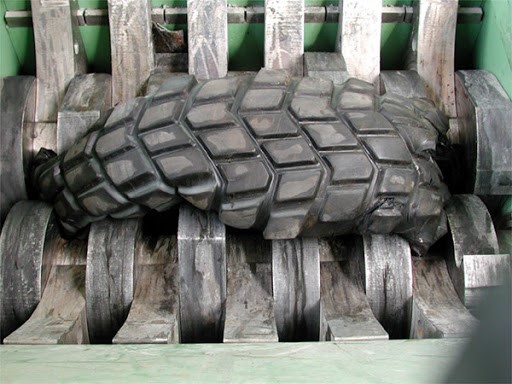
TURNKEY PROJECT OIL FOOD PLANT
Considering the similarity of the refining of edible oils with other types of mineral oils, we have combined several refining techniques and we have made available our experience. In order to set up a very elaborate method, which allowed us to keep the nutritional and taste quality of these oils. In addition, these oils will have thermal stability during cooking. By high vacuum refining and the use of a reduced film distillation column. These oils will be the least exposed to heat, which prevents any deterioration of the molecule. Noting that all hygiene standards are met in this process.

TURNKEY PROJECT VESSEL OIL SLUDGE AND HEAVY FUEL PLANT
Our vessel sludge and heavy fuel The great difficulty in treating heavy fuel oil residues from ships is that they contain several types of impurity. we can say it is the trash can of all liquid.
One of those products that can block the processing operation is resin.
The solution we presented to our client is a complete continuous processing unit.
This unit has three twin treatment steps:
• Separation of products whose density is greater than fuel oil.
• Cracking of resins and similar product.
• Complete drying by depressive evaporation.
The agreement with our customer is to provide them with the machine and the appropriate personnel, in the form of equipment rental and service.
The material consists of the treatment unit with all the pumping system for the trial part. For the quality control and monitoring part, a variety of laboratory equipment has been installed on the site.
Our trained staff ensure the operation of the process and the laboratory.
treatment system can be summarized as follows:
1. The petroleum slurry will be fed into a mixer mill in semi solid form. By the injection of
hot water at high pressure and the effect of kneading and grinding using a worm screw, we will obtain a homogeneous fluid
between crude oil, sands, earths and the water.
2. This liquid mixture will be pumped to a separator of sand, earth and other solid waste on the one hand and on the other hand crude oil and water.
3. The solid wastes, recovered in phase 2, may contain traces of crude oil. This crude will be extracted by pyrolysis. In this way we will have a solid waste with 0% crude and inert and can be used as agricultural soil.
4. A second water / crude oil separator will receive the mixture for primary separation.
5. The recovery water from phase 4 will be de-oiled and reused.
6. If the percentage of water in the crude recovered is acceptable, this crude will be pumped to storage, if not it will be dried by another drying unit.
